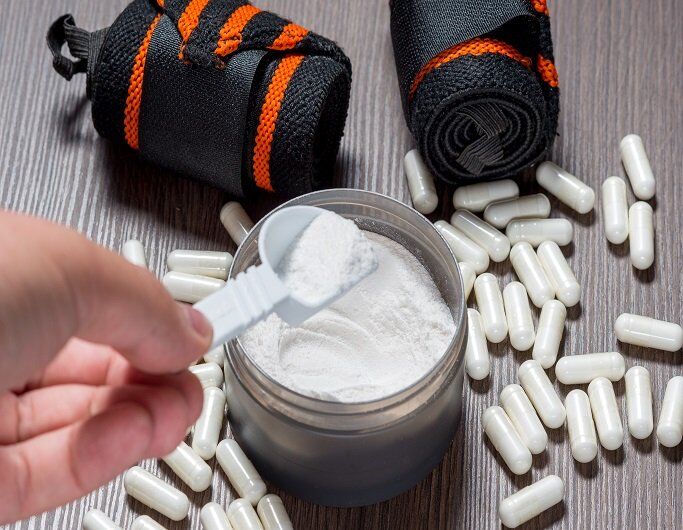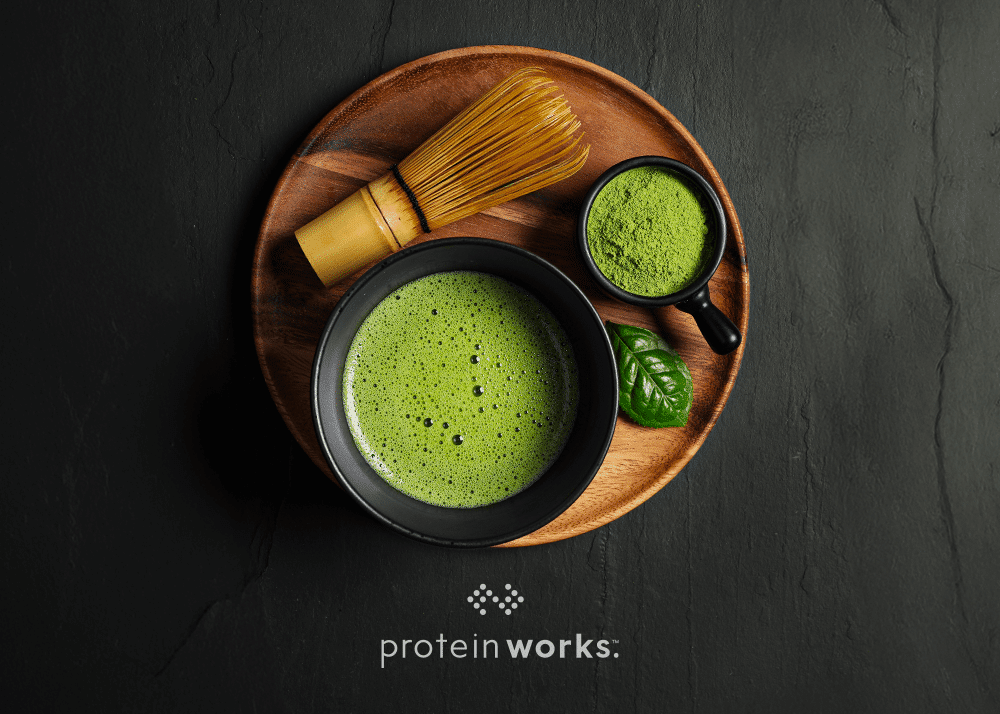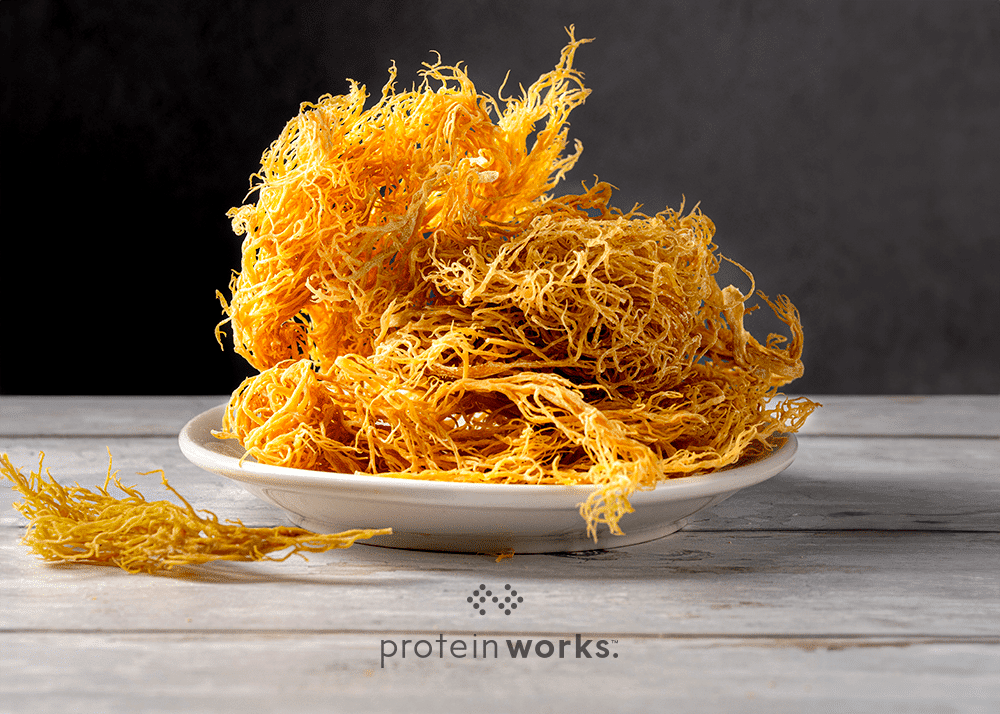
Taking Carnitine To Enhance Recovery
Carnitine is best known for its ability to help individuals looking to build muscle and lose fat. Carnitine enhances recovery by increasing the rate at which fatty acids are burnt for energy. Many people are not aware that Carnitine not only helps improve your performance during training but can also enhance your recovery periods. Carnitine helps improve your short-term recovery periods to help you train harder and for longer. Carnitine also helps improve your longer-term recovery periods by reducing pain and soreness.
How does Carnitine help enhance long-term recovery?

Research has suggested that Carnitine helps up-regulate androgen receptors to improve recovery times. As Carnitine helps speed up these receptors it allows muscles to better receive naturally occurring hormones. The studies performed showed that taking Carnitine helps improve the body’s anabolic environment.
Why does Carnitine enhance recovery?
Research has also shown that Carnitine helps improve the androgen receptors resting efficiency. The receptors were therefore better able to bind with natural growth supporting hormones. The participants in this study taking Carnitine showed marked improvements in recovery.
The study also showed that taking Carnitine helped increase cellular uptake of these hormones following resistance exercise. Indirectly Carnitine therefore helps increase protein synthesis. By enhancing protein synthesis, Carnitine helps speed up the regeneration of tissues damaged during training. As the tissue regenerates faster it helps to speed up recovery times.
Carnitine Evidence
Another study into the effects of Carnitine supplementation showed participants to have reduced muscle tissue damage. The damage was assessed by an MRI scan after resistance training. The participation group taking Carnitine showed quicker recovery periods than those on a placebo. The research showed that Carnitine supplementation helps promote tissue synthesis thereby aiding recovery. The belief was that Carnitine helps promote recovery by producing more undamaged tissue. This occurred as there were a great number of intact hormonal receptors able to bind.
A number of studies have now shown that Carnitine supplementation can aid short and long-term recovery. This occurs as Carnitine helps stimulate hormone receptors which become better able to interact with hormones required for growth.




No Comments yet!